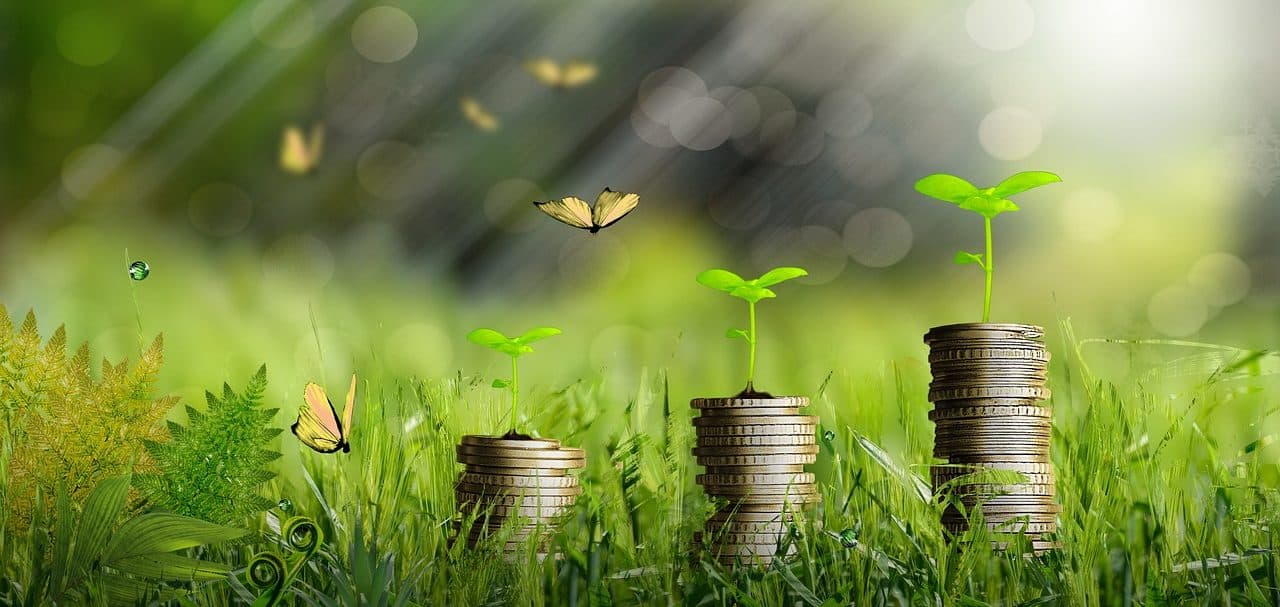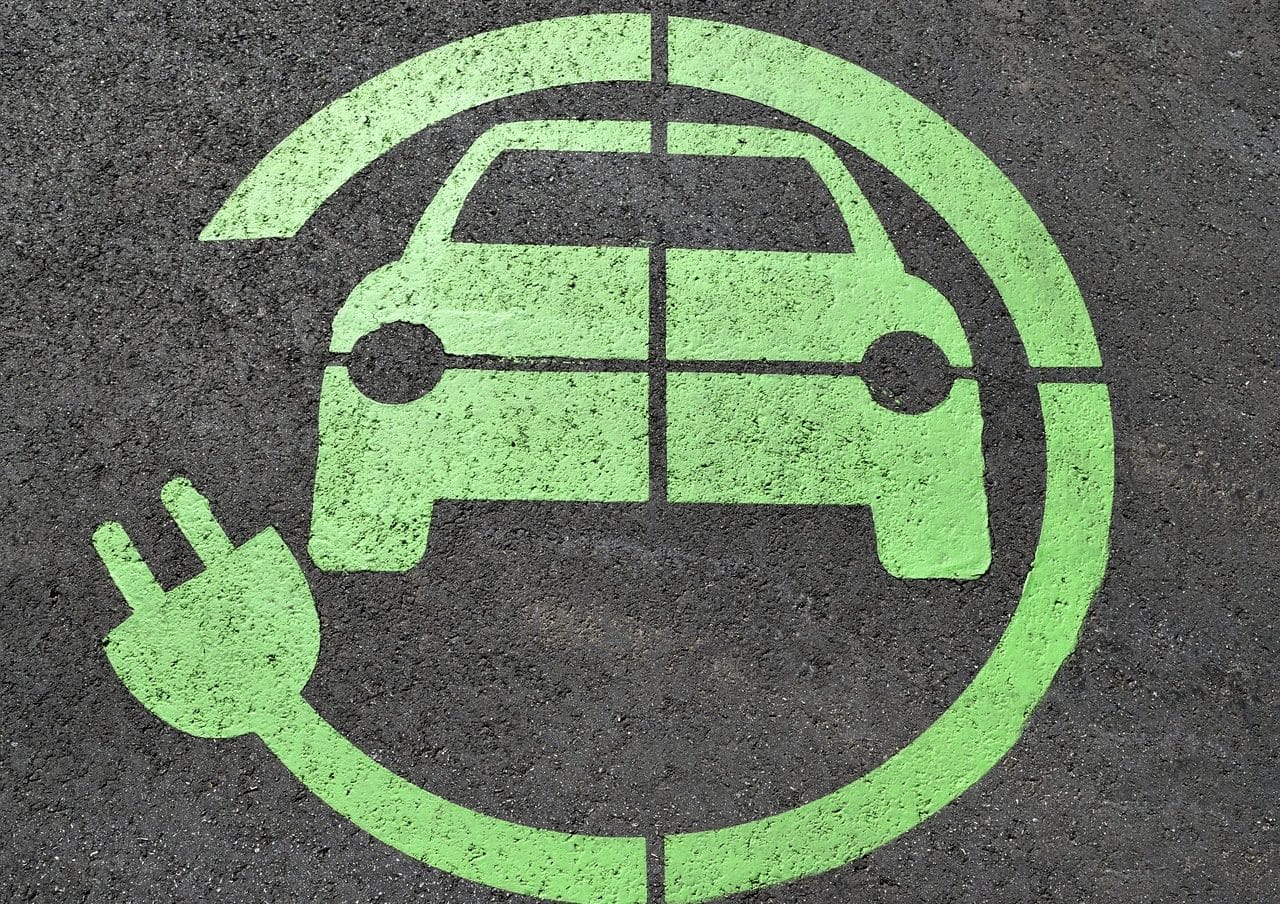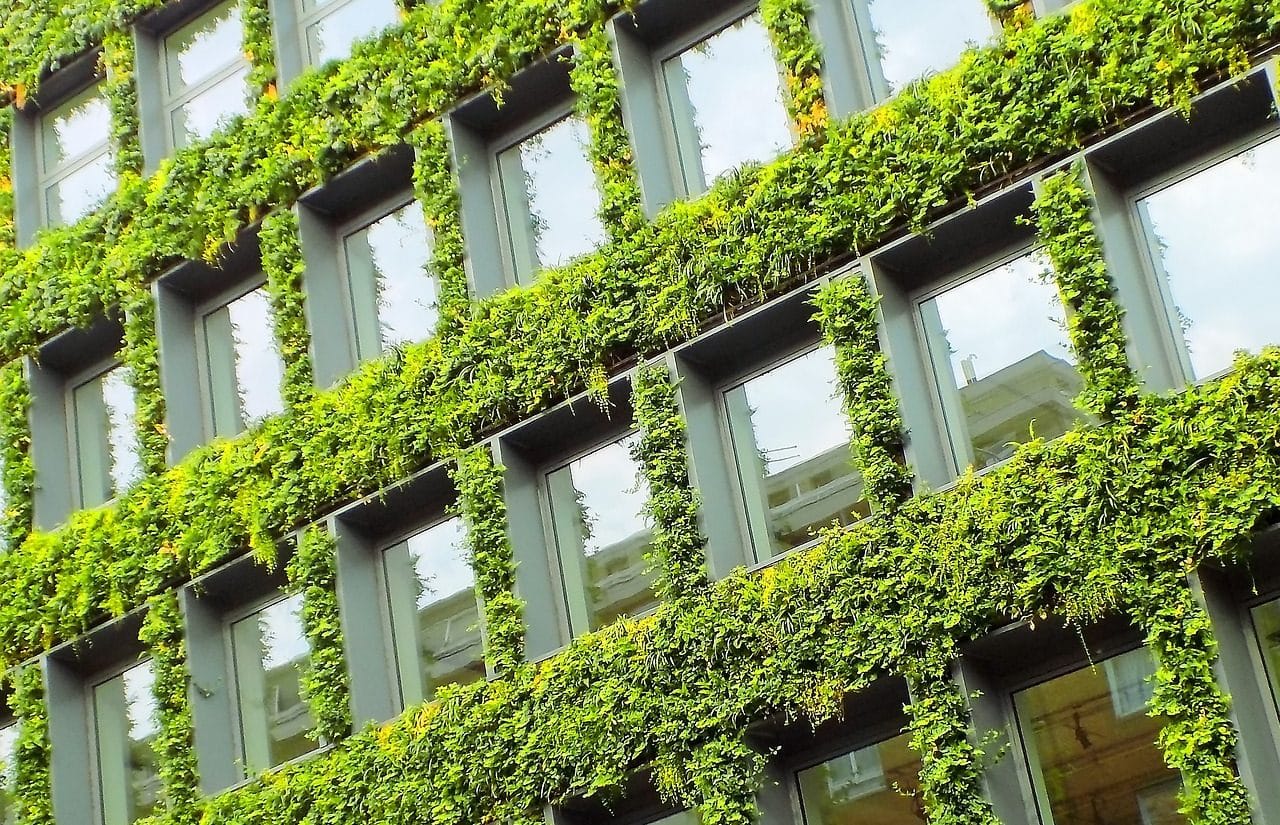
The green economy aims for equitable and ecologically responsible social progress that does not imply environmental degradation and contemplates public investments and private sector actions framed in sustainable development.
Green economy is the name given to a modality, policy or system that seeks social and economic progress based on sustainable development . It aims to achieve community equity, environmental harmony and the well-being of society without wasting resources, promoting responsible consumption , encouraging the creation of green jobs , promoting energy efficiency , guaranteeing the conservation of biodiversity and promoting collective awareness and a change of habits in the population so that the carbon footprint is as minimal as possible.
The circular economy , waste management , the type of socially responsible investment and agroecology also contribute to installing and expanding the green economy model.
Key elements of the green economy
In addition to the issues, tasks and practices mentioned above, there are many other key elements of the green economy .
Among the central concepts to be promoted on an international scale in order to establish, sustain and deepen the modality called green economy, the bioeconomy (a production style that is committed to the transformation, management or sustainable use of renewable resources - natural, biological - to generate services and products) and the energy transition . This last expression refers to a process of transformation of the way energy is produced, distributed and consumed in order to minimize the percentage of greenhouse gas emissions .
It is necessary and beneficial at a global level to facilitate mass access to alternative energies . Although general interest and investment in renewable energy projects is increasing, there is still hard work ahead to popularize and make both solar energy and wind energy more accessible, for example.
Likewise, it is necessary to move towards sustainable mobility that is fueled by an increasing number of electric vehicles in circulation and an ecological public transport system .
Another aspect that must be considered on a large and small scale is the handling and treatment of waste. To achieve a more cared for, vital, pleasant and healthy planet in which all living beings have an optimal quality of life, it is essential to achieve a considerable reduction in waste and position or revalue recycling as an effective, simple, economical and everyday solution for the environment. saving resources, preserving the environment and reusing or extending the useful life of certain materials.

Sustainable mobility, achieved through the massive use of electric vehicles and ecological public transport, contributes to reducing levels of environmental pollution .
No less prominent is the role of sustainable agriculture in the context of a green economy : agroecology (a model that advocates for productive and consumption systems that, beyond being economically viable, are sustainable and fair at a social level) and Organic agriculture (based on natural and ecological cultivation and soil treatment methods free of chemicals and prioritizing care and respect for resources, crops and consumers) are ideal within a reality marked by sustainability , responsible consumption , business sustainable and ecological products .
Regulations and policies
Ecological certifications , so-called green taxes , international agreements and environmental regulations give the green economy regulatory support.
It is constructive that green financing is encouraged and exists in practice for plans and initiatives aimed at meeting ecological goals and benefiting sustainable development . In this regard, it should be noted that green bonds were created, exclusively, to solve or refinance projects that entail a positive environmental impact.
It is also important to educate yourself about what and how carbon credits are. It is, as noted when searching for information about them, an instrument or mechanism of international scope that enables nations and companies to offset the degree of polluting emissions caused by carrying out a certain activity.
Of course, it is also important that each State carries out energy efficiency policies and has a solid and exemplary environmental policy . It is even ideal that all public administrations work with commitment and responsibility in sustainable territorial planning .

Green buildings are sustainable, they are embellished with vertical gardens or living walls, they have good thermal insulation and are respectful of the natural environment.
Challenges and opportunities in the green economy
Challenges are constantly emerging and opportunities appear in terms of green economy and environmental care. In pursuit of medium and long-term improvements, there are efforts aimed at forestry tasks, a transition towards a low-carbon economy , urban sustainability and multi-species conservation projects . The number of urban gardens that benefit family economies and promote healthy eating is also increasing, as well as the number of people interested in the travel style defined as ecological tourism .
Of course, simultaneously with actions in favor of the planet, we must maintain and reinforce awareness campaigns about the need to achieve harmonious coexistence with our natural environment, give greater relevance to environmental education , promote and support ventures and works of eco-innovation and encourage healthy and respectful habits that benefit oneself and the rest of living beings.
